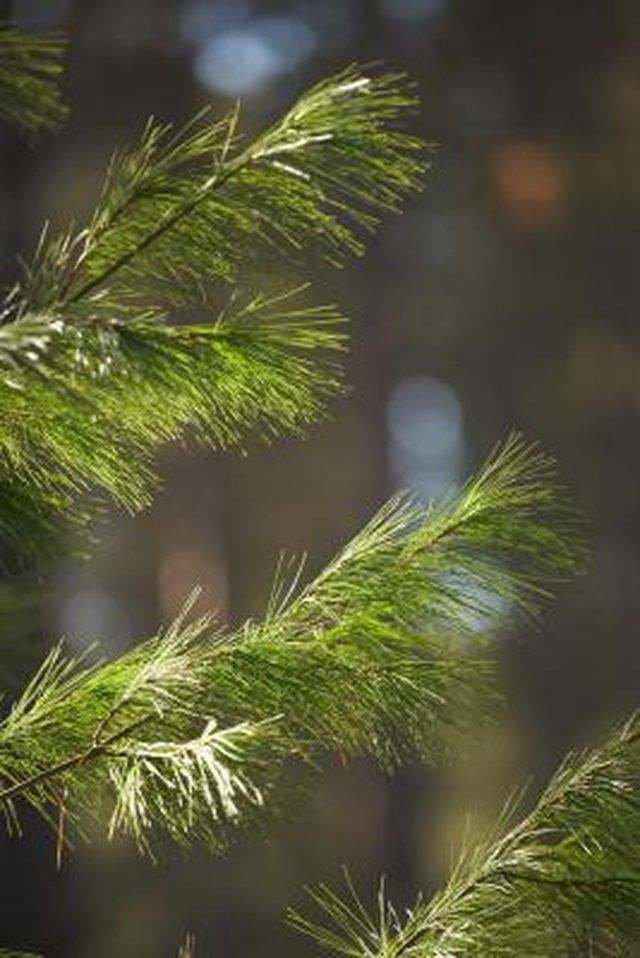Bulbs
Flower Basics
Flower Beds & Specialty Gardens
Flower Garden
Garden Furniture
Garden Gnomes
Garden Seeds
Garden Sheds
Garden Statues
Garden Tools & Supplies
Gardening Basics
Green & Organic
Groundcovers & Vines
Growing Annuals
Growing Basil
Growing Beans
Growing Berries
Growing Blueberries
Growing Cactus
Growing Corn
Growing Cotton
Growing Edibles
Growing Flowers
Growing Garlic
Growing Grapes
Growing Grass
Growing Herbs
Growing Jasmine
Growing Mint
Growing Mushrooms
Orchids
Growing Peanuts
Growing Perennials
Growing Plants
Growing Rosemary
Growing Roses
Growing Strawberries
Growing Sunflowers
Growing Thyme
Growing Tomatoes
Growing Tulips
Growing Vegetables
Herb Basics
Herb Garden
Indoor Growing
Landscaping Basics
Landscaping Patios
Landscaping Plants
Landscaping Shrubs
Landscaping Trees
Landscaping Walks & Pathways
Lawn Basics
Lawn Maintenance
Lawn Mowers
Lawn Ornaments
Lawn Planting
Lawn Tools
Outdoor Growing
Overall Landscape Planning
Pests, Weeds & Problems
Plant Basics
Rock Garden
Rose Garden
Shrubs
Soil
Specialty Gardens
Trees
Vegetable Garden
Yard Maintenance
Allelopathy in Pine Trees
Allelopathy in Pine Trees. Allelopathy is a chemical process that occurs in plants. It is a natural self defense mechanism that prevents other plants or trees from growing too close. Some pine trees are allelopathic, allowing them to grow without fighting for space.

Allelopathy is a chemical process that occurs in plants. It is a natural self defense mechanism that prevents other plants or trees from growing too close. Some pine trees are allelopathic, allowing them to grow without fighting for space.
Identification
Pine trees use allelopathy when they shed their pine needles. When these needles fall to the ground, they prevent other plants and trees from growing underneath, stopping them from robbing space and nutrients from the pine tree.
Function
These pine needles all contain an acid that leaches into the ground as the needles begin to decompose. These acids do not hurt the pine tree or its roots but act as a deterrent to other plants looking to move into the area.
Fun Fact
Scientists study allelopathy in pine trees and other plants such as sunflowers and black walnut trees and use the results to develop natural herbicides and pesticides. Some scientists consider allelopathy an ecological conversation between pine trees and other plant life.